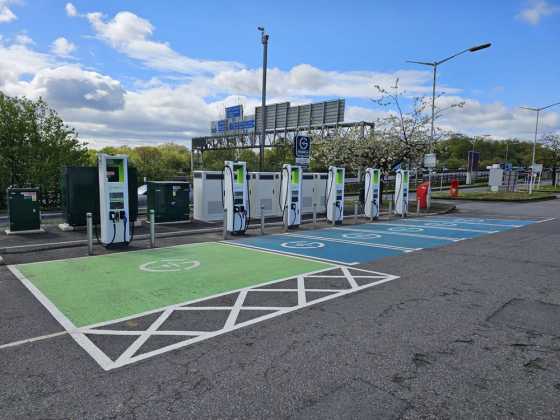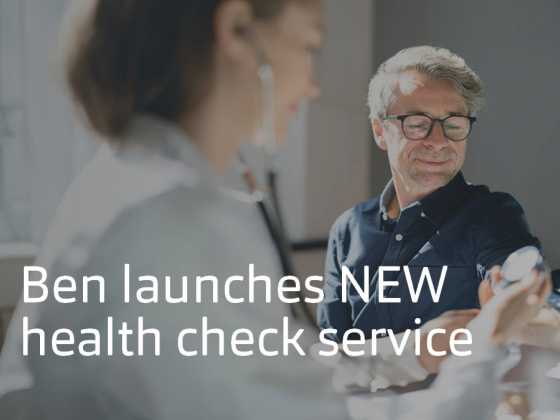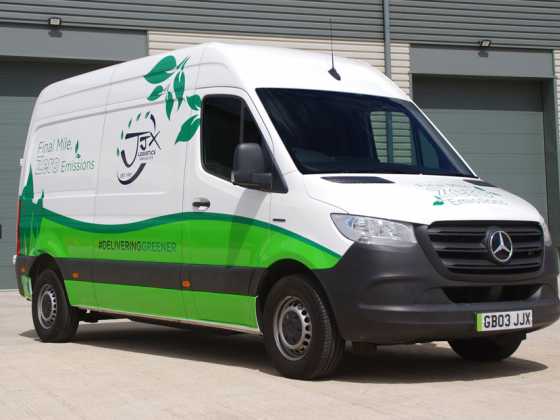Nissan unveils glimpse of fuel station of the future
Nissan has partnered with architects Foster + Partners to reveal a glimpse of its fuel station of the future, due to to be officially unveiled in March 2016.
The companies have released a teaser video and snapshots to provide an idea of what people can expect from the project.
The partnership was announced at the end of August, where Nissan declared it would be collaborating with Foster + Partners to rethink the current refuelling infrastructure. The Nissan Leaf is currently rated the world’s best selling electric car, while Foster +Partners is responsible for designs such as The Gherkin in London and Millau Bridge in France.
The released snippets suggest that wireless charging technology has been incorporated into the set-up, fitting with Nissan’s recent assertion that a 7kW wireless charging device could easily cope with charging a larger battery overnight.
Nissan’s 60kW unit is expected to allow a range of around 300 miles and will be compatible with this new technology.
The snapshots also suggest that the charging system will be built into roads or kerbs and integrated into general street furniture, as opposed to having specific refuelling forecourts which are used now.
David Nelson, head of Design, Foster + Partners, said: "As we look ahead at the next 10 years, autonomous cars, artificial intelligence and greater connectivity will come at great pace – and it is our job as architects to inspire and support that change.
Pre-empting those developments and integrating technologies to offer urbanites a totally seamless experience is vital, if we are to succeed in creating cities that serve us."
Richard Candler, general manager, Advanced Product Strategy at Nissan, said: "We've been at the forefront of zero emission mobility since 2010, and for us this project is about inspiring people to come on the journey with us. The world around us is changing, and we find that tremendously exciting. With the rise of connected cities, there is the capacity for fuelling to be built into the very fabric of our day-to-day lives - independent infrastructure could be a thing of the past."



